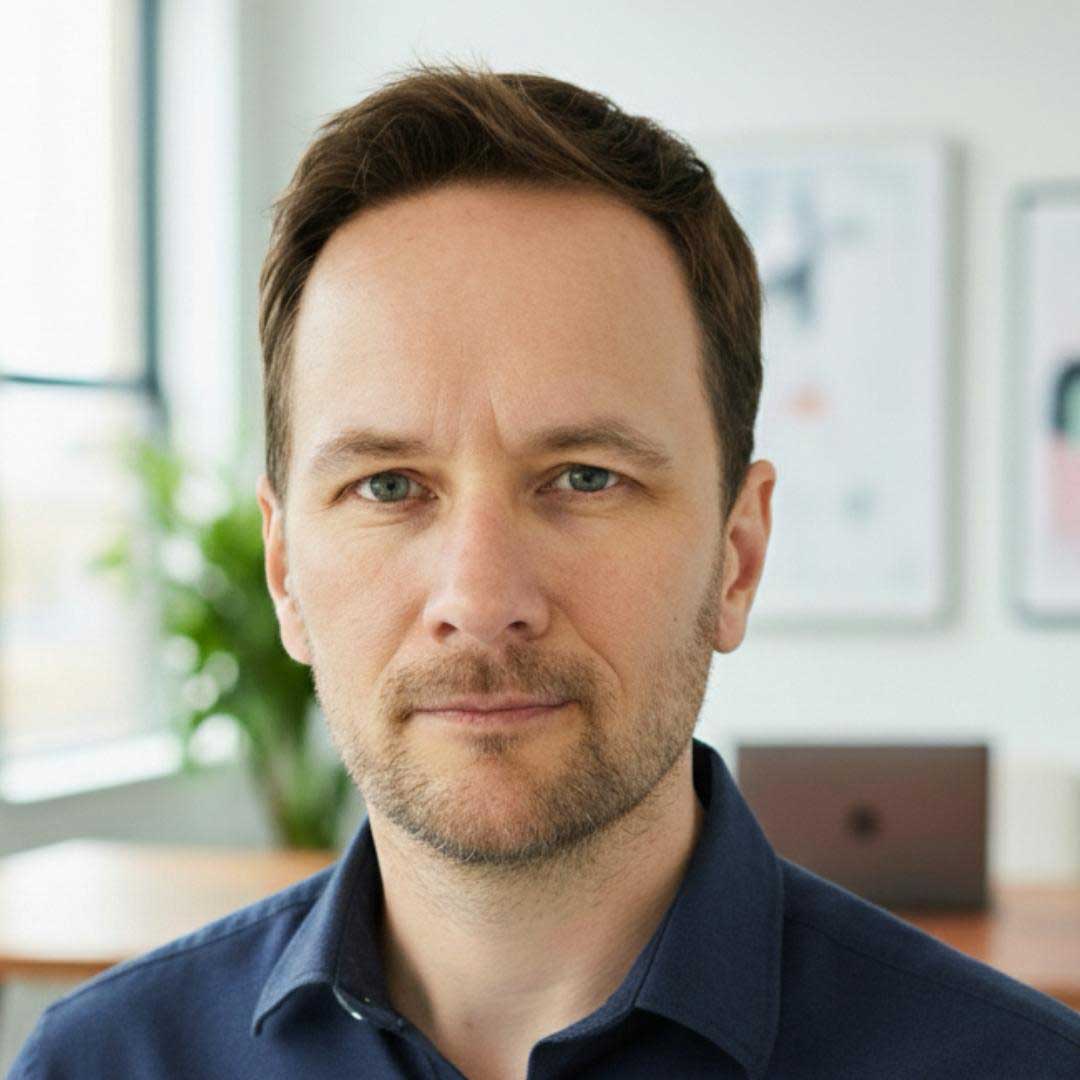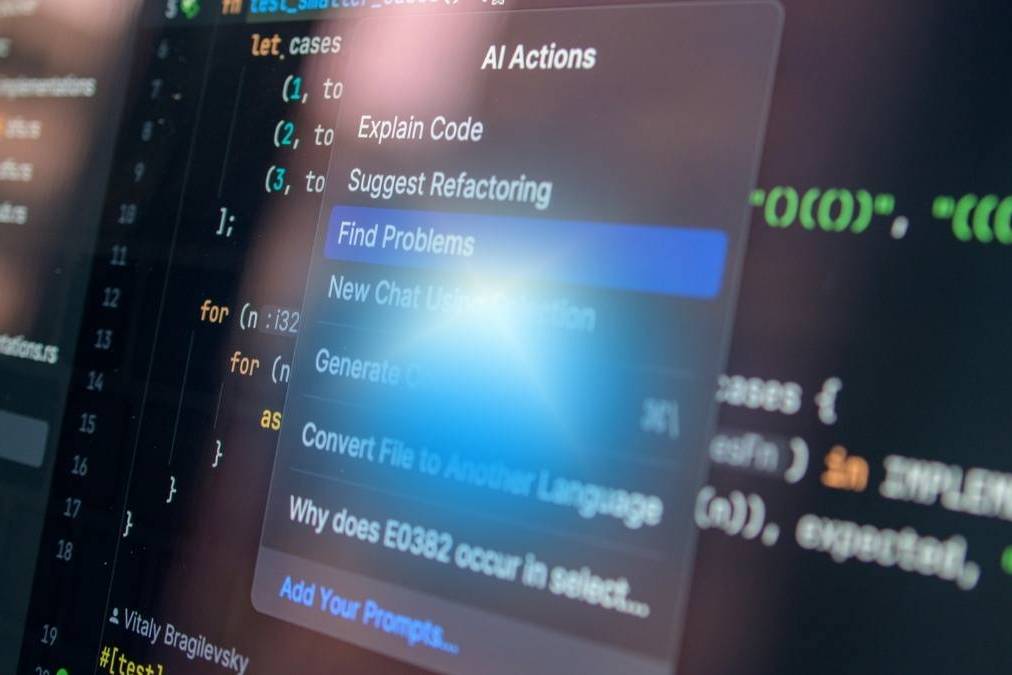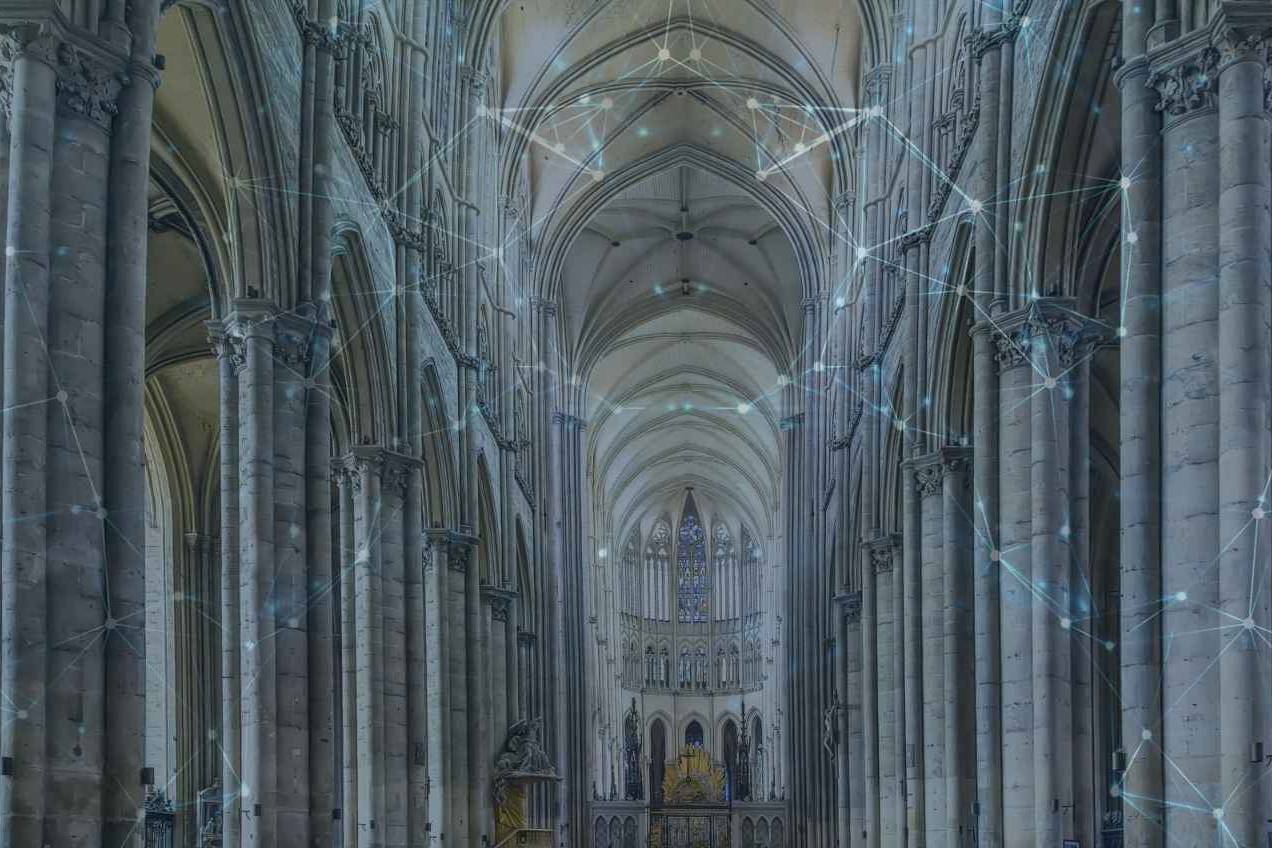Updated September 2025
When I wrote about Cathedral Thinking in April 2023, the digital marketing world was already obsessed with quick wins. I thought things were moving too fast then. I had no idea what was coming.
The AI explosion has turned this obsession into something much worse. Everyone’s cranking out content at unprecedented speed, flooding every platform with generic, soulless campaigns that all sound exactly the same. It’s AI Slop – lots of it, but zero nutritional value.
But here’s what’s interesting: this makes Cathedral Thinking more relevant than ever, not less relevant.
With nearly three decades of experience in SEO and digital marketing, I have observed numerous innovative approaches emerge and fade. However, the current developments appear notably distinct. Artificial intelligence has not merely introduced another tool; it has fundamentally transformed the process of content creation.
Despite its potential, many individuals are not utilising it effectively.
They're using AI to do more of the same stuff, just faster and cheaper. That's missing the point entirely.
What Cathedral Thinking Actually Means
Cathedral thinking, a concept that originated from the medieval era when great cathedrals were constructed, revolves around the idea of long-term planning, patience, and collaboration to achieve a grand vision. It is a mindset that focuses on creating something extraordinary, which often takes generations to complete.
Now stick with me here, because the parallels are more relevant now than they were two years ago.
Those cathedral builders weren’t just creating impressive buildings. They had to create blueprints and systems that would work for centuries. They had to think about knowledge transfer, quality control, and how to maintain excellence when the original team was long gone.
That’s exactly what we need in digital marketing right now – especially since how the last two years have moved on. Not more content. Better systems.
Building Systems Instead of Chasing Campaigns
The biggest mistake I see agencies making is treating AI like a faster content factory. They’re still thinking in terms of individual campaigns rather than building frameworks that create lasting value.
Medieval builders designed systems for knowledge transfer – how do you teach someone to cut stone when the master craftsman retires? How do you maintain quality standards across generations? How do you adapt techniques when new tools emerge?
Your digital strategy needs the same thinking. Instead of asking “how can we create more content faster?” ask “how can we build systems that get better over time?”
This means creating content architectures that serve multiple purposes, building institutional knowledge that doesn’t walk out the door when people leave, and developing processes that maintain quality regardless of who’s executing them.
It’s less exciting than launching a viral campaign, but it’s what separates companies that survive from companies that thrive.
The Patience Problem in an Instant World
AI has denigrated patience by being able to offer instant copy, imagery and video within seconds. In return everyone wants everything yesterday. In turn, there is the temptation to flood campaigns with tons of content. However, consistently I’m seeing agencies hitting long-term goals because they have resisted the temptation.
They use AI to amplify human creativity, not replace human judgment. They take time to ensure AI-generated content aligns with their brand voice instead of just hitting publish on whatever the algorithm spits out. They focus on building direct relationships with their audience while competitors rent attention from platforms.
I’ve watched companies spend fortunes chasing viral AI content that gets them a temporary spike in traffic but zero lasting value. Meanwhile, other companies slowly and steadily build audiences that stick around for years.
The patient approach wins. It just takes longer to see the results.
Why Teams Matter More Than Tools
Most companies are getting AI completely backwards. They think it’s about replacing people with machines. That’s not just wrong – it’s counterproductive.
Agencies who are pivoting with AI are those who use AI to make their teams better at what humans do best. Your content strategist improves at strategy because AI handles the first drafts. Your data analyst focuses on insights instead of data cleaning. Your designer thinks about concepts while AI generates variations.
But someone with actual experience and market intuition needs to be making the final decisions. AI is brilliant at following patterns, terrible at knowing when to break the rules. It can generate technically correct content that completely misses the emotional mark.
The companies getting this right have AI literacy spread across their whole team, not concentrated in one “AI expert.” Everyone understands how AI can enhance their work while knowing where human oversight is essential.
Building Something That Lasts
Cathedral builders had to think about what would happen 200 years in the future. What stones would need replacing? How would they incorporate new architectural techniques? How would they maintain the structure when everyone who built it was gone?
Your digital strategy needs the same long-term thinking. What happens when ChatGPT gets replaced by something else? What happens when Google fundamentally changes how search works? What happens when your star employee takes a job somewhere else?
The companies that survive these changes are building modular systems instead of fragile campaigns. They’re creating content that serves multiple purposes, building email lists and communities that don’t depend on social media algorithms, and documenting processes so quality doesn’t disappear when people leave.
It’s not as exciting as going viral, but it’s much more profitable over time.
Why This Matters More Now
I get it. Cathedral thinking sounds slow and boring compared to the promise of AI automation.
But here’s what I’m seeing in the market right now:
The authenticity gap is widening. When everyone’s content sounds the same, the brands with genuine voice and perspective stand out more, not less. The trust gap is growing too – with all the AI misinformation floating around, people gravitate toward sources they know and trust.
And then there’s what I call the depth gap. While everyone else optimises for quick wins, the cathedral thinkers are building compound advantages that get exponentially harder to replicate every month.
These aren’t theoretical advantages. I’m watching it happen with my own clients.
Getting Started with Cathedral Thinking
The good news is you don't need to rebuild everything tomorrow. Start by asking yourself some uncomfortable questions:
→ Are you building systems or just running campaigns?
→ Are you using AI to think for you or to help you think better?
→ Would your strategy survive if your biggest traffic source disappeared next week?
If those questions make you squirm a bit, you’re not alone. Most companies I talk to realise they’ve been optimising for the wrong things.
The fix isn’t complicated, but it does require patience. Start documenting what works and why. Build relationships with your audience that don’t depend on algorithms. Create content that solves real problems instead of just targeting keywords.
It’s not glamorous work. But neither was cutting stone blocks for a building you’d never see completed.
The Long Game Always Wins
Here’s what three decades in this business has taught me: the strategies that feel slow at first usually create the most lasting competitive advantages.
While your competitors rewrite their entire content strategy every time an algorithm changes, you’ll have built something that gets stronger with each disruption. While they panic about AI replacing their team, you’ll have integrated AI in ways that make your people more effective, not redundant.
The cathedral builders understood something we’ve forgotten: the most impressive achievements come from sustained effort over time, not from trying to do everything at once.
That's still true today. Maybe especially true today.

Martin Jeffrey
Martin Jeffrey is the founder and strategic lead of Harton Works, a SEO and AI Search agency focused on Retrieval-First™ Marketing and AI-era visibility. With over 25 years of experience in digital strategy, he helps businesses adapt to the new rules of search, aligning SEO, content, and AI readiness to drive sustainable growth.
Related Posts
February 11, 2026
Power Consolidates Quietly
Google's control over search happened incrementally. AI is accelerating the…
December 16, 2025
The Great AI Adoption Reality Check
Two and a half years after ChatGPT’s launch, AI adoption looks nothing like the…
October 1, 2025
Building Your Digital Cathedral
Cathedral thinking could be the strategy that not only helps you survive the AI…




